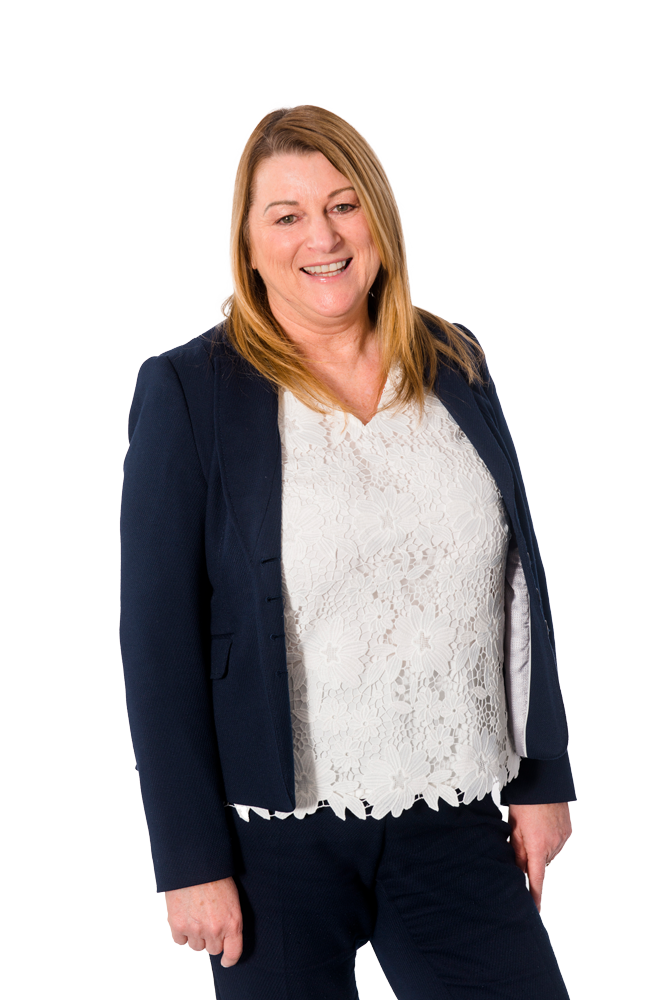In this article
The Right Medicine
Profiting from the expertise of many internationally-renowned universities and research laboratories, pharmaceuticals manufacturing accounts for nearly ten per cent of all manufacturing in the UK, with exports worth up to £30 billion a year.

The industry is changing, however. It is getting harder for new products to break through beyond initial research and development. Of the ones that do, relatively few offer any standout benefits, beyond those already available to consumers.
On top of all this lies stringent regulation with regards to the safe production of pharmaceuticals. The fallout from non-compliance can also be catastrophic, resulting in fines, loss of lives and criminal proceedings. What pharmaceutical manufacturers need, therefore, is control.
A Solution
According to a document from the European Commission regarding Good Manufacturing Practice (GMP) in pharmaceuticals: safe, hygienic manufacture ultimately stems from good asset management and documentation.
“Good documentation constitutes an essential part of the quality assurance system and is key to operating in compliance with GMP requirements,” the report says. “The main objective of the system of documentation utilized must be to establish, control, monitor and record all activities which directly or indirectly impact on all aspects of the quality of medicinal products.”
Good asset management is arguably vital to the safe production of pharmaceuticals, because it needs to separate the different products depending on their stage of development. Those that are approved, for example, will need to be differentiated easily from those that have been rejected, or that have expired.
“Good asset management means knowing what’s needed, when and where it’s needed, and managing this without spending too much,” says David Manning-Ohren, Reliability Engineering Manager. “It allows a business to control costs, expand the working lifetime of machinery, reduce time lost to breakdowns and repairs, increase output, and maintain a healthy supply of spares and consumables.”
For pharmaceutical manufacturers, it also provides much-needed visibility and oversight of a supply chain, as well as useful audit trails to prove compliance. That’s definitely what the doctor ordered.
Take a closer look: ERIKS provides a scalable asset management service that can target the most critical areas of production. For pharmaceuticals, this could include: asset registration and mapping; asset tagging and tracking; testing and certification; and documentation.
Click here for more information on Asset Management, or contact your local ERIKS Service Centre, who will be happy to discuss your options with you.
#ERIKS #LetsMakeIndustryWorkBetter #AssetManagement #Pharmaceutical

